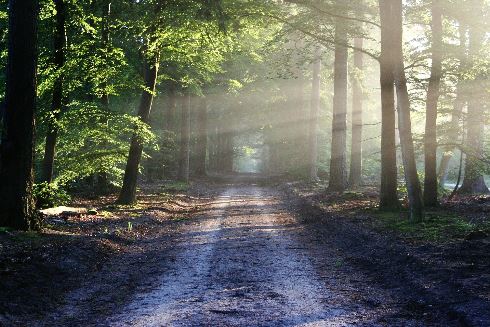The outdoors is quite special really. There is something undeniably freeing about spending time in nature, feeling the dirt between your toes and the rain in your hair. If that ethos is one you live your life by then you’ve probably thought about finding a career that makes the most of your natural proclivities for the outdoor life.

There are hundreds of jobs that take place outdoors, of course, but many of them are minimum wage or seen as more “stepping stone” jobs than legitimate careers. That’s why we’ve put together five of the best jobs for outdoor lovers who aspire to make a good living from their passion.
Geologist
We all took geography in school, of course, but being an actual geographer is far more exciting than the average geography teacher would have you believe. Geographers, geoscientists and geologists explore the past, present and potential future of the earth by examining everything from seismic processes to bacteria.
Landscape architects
If you’re naturally green-fingered and love nothing more than spending a few hours in the garden, a career in landscape architecture might make sense for you. More than just ‘gardeners’, these are specialists who plan and actualise the creation of outdoor spaces. There is a lot of artistic and creative talent required in this job and it’s one that will have you working at different locations regularly, so it will rarely get boring. If you feel this might be a potential career path for you, get yourself some good landscaping tools and see if you have what it takes.
Environmental engineers
The job of an environmental engineer is to combine the principles of science and engineering to help solve environmental problems. This can mean anything from working with waste disposal and water treatment to air pollution. Many engineers are also currently focused on the climate crisis, so if you want to have a legitimate impact as far as global warming is concerned, you’re in the right place. You will also, of course, be spending most of your time working outdoors.
Hydrologists
As the name suggests, hydrologists study water and how it interacts with the earth. They learn how water influences the environment and how, as a society, we are impacting our water through pollution. There is a lot of chemistry involved and you’ll probably be getting wet quite often but you’ll also be outside whenever you’re not in the lab.
Cartographers and photogrammetrists
Mapmaking is a very different job today than it was hundreds of years ago. Today, cartographers use drones to map geographic data and create charts and graphs that will be used by commercial property developers, other scientists and even governments.


